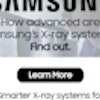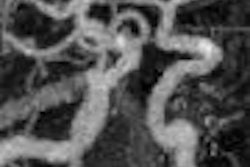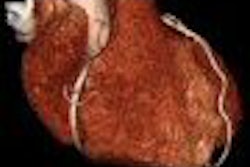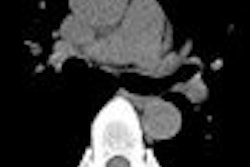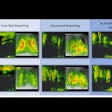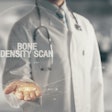Dear AuntMinnie Member,
Does the U.S. government's recent $7 million settlement of a case against a Florida radiologist represent increased federal scrutiny of healthcare fraud in the Medicare program?
Maybe, according to a new article by staff writer Kate Madden Yee in our Imaging Center Digital Community. The case began when a former-employee-turned-whistleblower accused the Florida imaging facility of improperly billing Medicare and performing unnecessary scans, among other charges.
While the Florida case is unique in some ways, it is also one of a string of recent investigations and settlements in the healthcare industry that the U.S. Department of Justice has pursued in recent months. Some experts believe the heightened scrutiny could be related to the government's growing interest in reining in costs in healthcare -- and more specifically, in medical imaging.
Learn more about the potential long-term implications of the case by clicking here, or visit our Imaging Center Digital Community at centers.auntminnie.com.
Dual-energy DR in the lung
In other news, we examine dual-energy subtraction digital radiography (DR) in our Digital X-Ray Community.
In the story, a group of European researchers put dual-energy subtraction DR to the test in detecting pulmonary nodules. Dual-energy subtraction enables clinicians to remove bone and other overlapping structures that might obscure pathology. The hope is that the technique could make DR more effective than analog radiography in detecting lung nodules.
Previous studies have reported positive results with dual-energy DR, but this current study found no statistically significant impact of the technique when compared with conventional DR. Find out why by clicking here, or visit our Digital X-Ray Community at xray.auntminnie.com.

